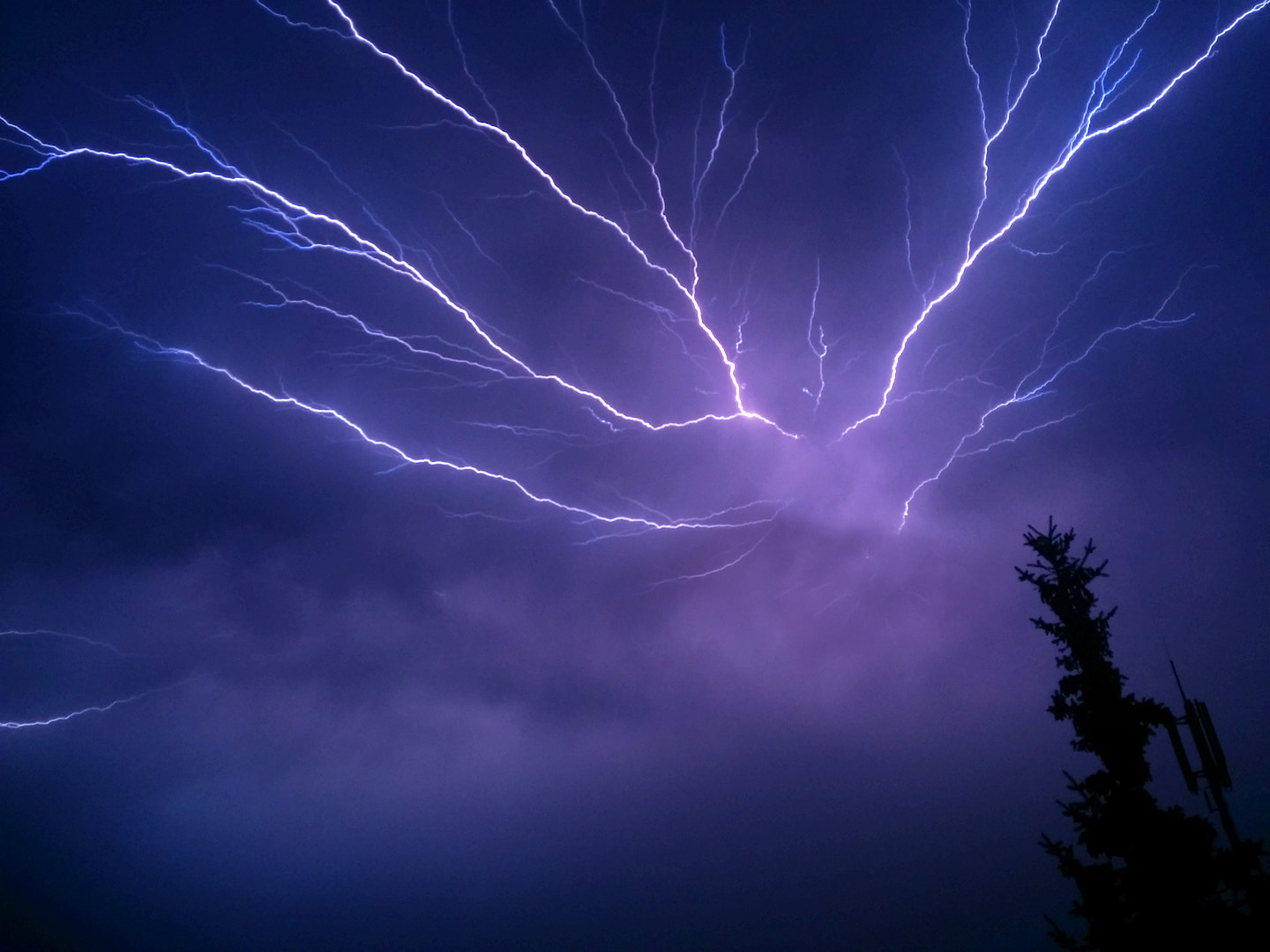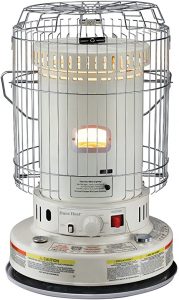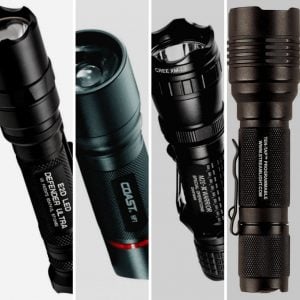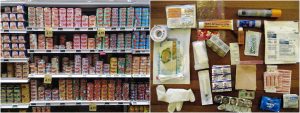 We have all been reading about the severe winter weather out in the Midwest and storms have begun to hit in the Northeast. Here in the Carolinas, for the past few days, it has been almost like summer. Christmas is only two weeks away and a few days ago, I was on my rooftop in shorts and a tank top cleaning leaves from the gutters. However, reading about the storms and their effects has made me think about preparing for the possibility of some winter weather arriving on my doorstep at any time. The temperatures are beginning to drop a little as winter makes its way across the states. It’s hard to say if we will have snow or ice, but it pays to think ahead and prepare just in case.
We have all been reading about the severe winter weather out in the Midwest and storms have begun to hit in the Northeast. Here in the Carolinas, for the past few days, it has been almost like summer. Christmas is only two weeks away and a few days ago, I was on my rooftop in shorts and a tank top cleaning leaves from the gutters. However, reading about the storms and their effects has made me think about preparing for the possibility of some winter weather arriving on my doorstep at any time. The temperatures are beginning to drop a little as winter makes its way across the states. It’s hard to say if we will have snow or ice, but it pays to think ahead and prepare just in case.
 If you have a kerosene heater as backup in case your primary heat goes out, now is the time to get it out, clean it up and check the wick and batteries. It is a good idea to go ahead and get some kerosene so that if bad weather does strike, you will not be standing in line to get it and possibly paying a premium price for it. For those that have portable propane heaters, get your tank filled and have it ready. I have one of those heaters that uses the small gas bottles, but you can get an adapter for it and hook it to a larger tank (like the one on your grill), which makes it more economical to use. Fireplace users should make sure they have wood on hand or gas tanks filled with propane or natural gas, depending on what kind you have. Check pilot lights and make sure everything is in working order. For vented types of fireplace heat, you may want to have your chimney checked and cleaned if necessary.
If you have a kerosene heater as backup in case your primary heat goes out, now is the time to get it out, clean it up and check the wick and batteries. It is a good idea to go ahead and get some kerosene so that if bad weather does strike, you will not be standing in line to get it and possibly paying a premium price for it. For those that have portable propane heaters, get your tank filled and have it ready. I have one of those heaters that uses the small gas bottles, but you can get an adapter for it and hook it to a larger tank (like the one on your grill), which makes it more economical to use. Fireplace users should make sure they have wood on hand or gas tanks filled with propane or natural gas, depending on what kind you have. Check pilot lights and make sure everything is in working order. For vented types of fireplace heat, you may want to have your chimney checked and cleaned if necessary.
 Gather up all your tactical flashlights, medical lights and check the batteries and put them in an easy to find location, along with a few emergency candles if you use those. You might want to make sure you have some type of transistor radio handy for keeping up with news and weather alerts. If you are a camper, get your camping gear in a location where you can get to it easily. Sleeping bags, gas lanterns and camping stoves will all come in very handily if you should lose your power for a few days. Those that don’t have camping gear might want to make sure your grill is ready to use for cooking. Get tanks filled for gas grills and have some charcoal on hand for regular grills. Remember to always follow safety instructions for grills, camping stoves, etc. Carbon monoxide buildup is undetectable but a very real danger. If you have carbon monoxide detectors along with your smoke detectors, check all batteries and replace them as needed. Also, keep all heat sources away from any flammable items such as curtains, bedding, etc.
Gather up all your tactical flashlights, medical lights and check the batteries and put them in an easy to find location, along with a few emergency candles if you use those. You might want to make sure you have some type of transistor radio handy for keeping up with news and weather alerts. If you are a camper, get your camping gear in a location where you can get to it easily. Sleeping bags, gas lanterns and camping stoves will all come in very handily if you should lose your power for a few days. Those that don’t have camping gear might want to make sure your grill is ready to use for cooking. Get tanks filled for gas grills and have some charcoal on hand for regular grills. Remember to always follow safety instructions for grills, camping stoves, etc. Carbon monoxide buildup is undetectable but a very real danger. If you have carbon monoxide detectors along with your smoke detectors, check all batteries and replace them as needed. Also, keep all heat sources away from any flammable items such as curtains, bedding, etc.
 Stock up on some easy to fix food items (such as soup, canned chili, etc.) when grocery shopping. Keep medications and supplies stocked for family members with special medical needs. Have a corded phone on hand as cordless home phones will not work when the power is out. Those of us who have wells, will want to have some water on hand. It’s easy to forget that if you don’t have power, your well pump will not be working, therefore you will not have water during a power outage. Make sure your well is covered and insulated to keep pipes from freezing.
Stock up on some easy to fix food items (such as soup, canned chili, etc.) when grocery shopping. Keep medications and supplies stocked for family members with special medical needs. Have a corded phone on hand as cordless home phones will not work when the power is out. Those of us who have wells, will want to have some water on hand. It’s easy to forget that if you don’t have power, your well pump will not be working, therefore you will not have water during a power outage. Make sure your well is covered and insulated to keep pipes from freezing.
Get your car ready for winter. Check the antifreeze and add or replace if needed. Check your tires and make sure they are in good condition. Make an emergency kit for your car. You could use a box or picnic basket to pack a flashlight, a bottle or two of water, some cheese crackers or small packets of cookies, dried fruit or some other snacks and a light blanket or throw in case you get stranded. Have flares and/or reflectors to put roadside for alerting other drivers should you get stuck on or next to the road. Keep your cell phone fully charged at all times so you can call for help. If you don’t have a cell phone, but have some of those small family walkie talkie type radios, put one of them in the car. You might be able to contact someone who has a CB radio with it if you need help. Keep family members or friends alerted of where you will be going, how long you expect to be gone and the route you will take if you have to venture out in bad weather. That way, if something happens and you cannot call for help, they will know where to look for you.
Winterize your outdoor pet quarters with warm bedding or wood shavings. If you can rig up a light fixture of some kind in the doghouse, it will help keep the chill knocked off. I fixed a doggie door and sectioned off an area of the garage where my dogs can go outside to “do their business” and then come into a warmer area when it gets nasty out while I am at work. Keep food and water handy, as animals need more nourishment during colder weather. For outdoor dogs, keep a check to make sure their water is not frozen.
A little preparation goes a long way, so have a safe, happy, healthy winter.
